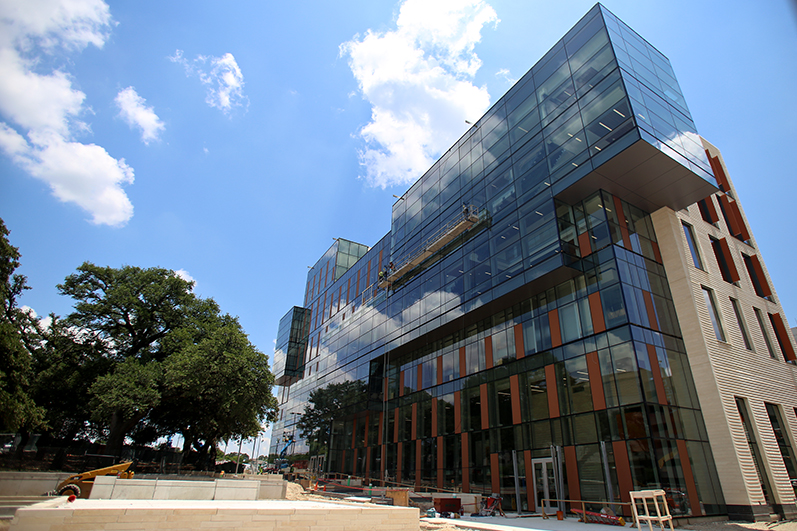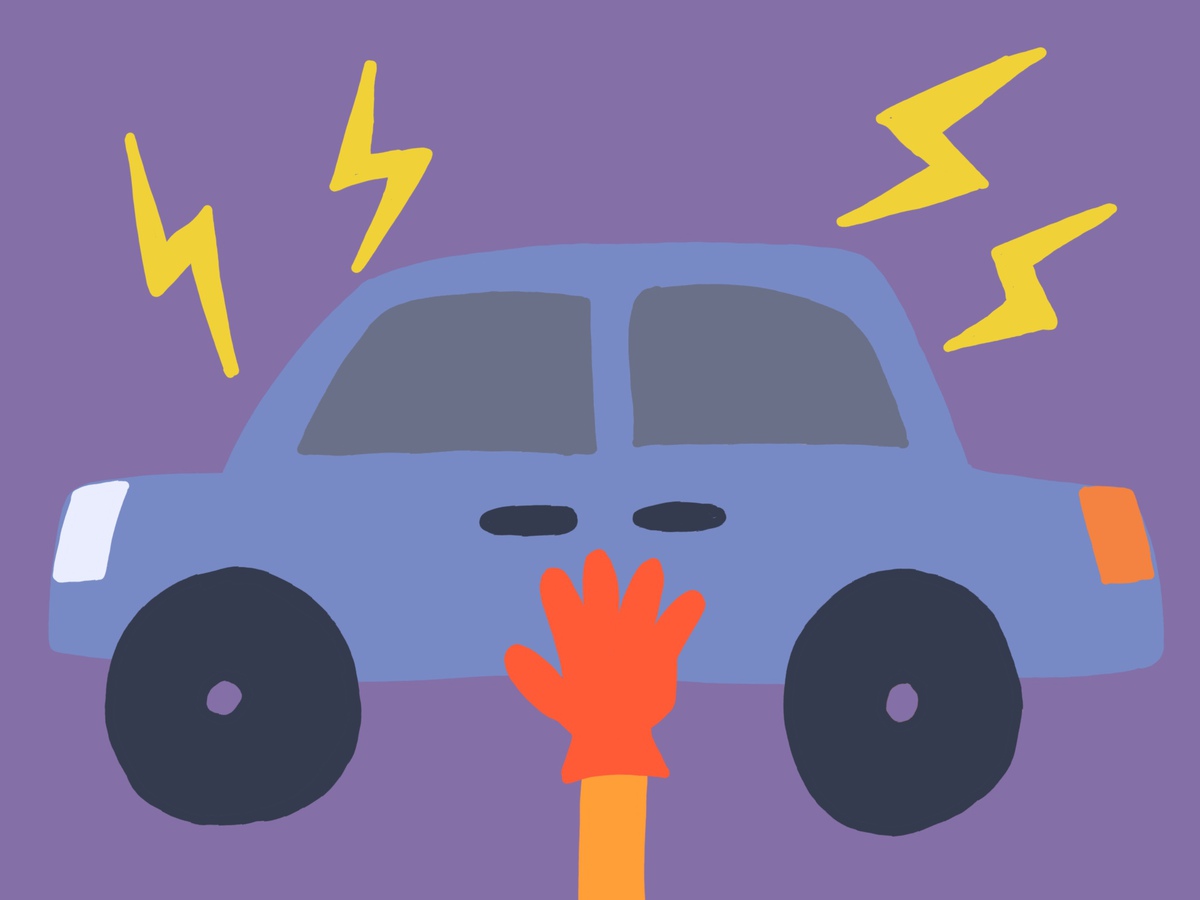A recent study led by UT researchers is challenging Nobel Prize-winning research with its discovery of previously unknown traits in humans’ internal coordinate system, which allows us to navigate our surroundings.
The award-winning research had discovered how mammals can orient themselves in space through the internal coordinate system by studying rodents. The findings suggest that humans’ coordinate system can scale cognitive maps after assessing the environment through visual cues, which lower mammals like rodents are not capable of.
For the study, epileptic patients’ brain activity was measured while they performed navigational tasks on a tablet for seven to eight days.
Alumnus Peter Nguyen, who worked on the study as an undergraduate student, said using these patients provided detailed data which other studies lacked.
“It’s very hard to get this high quality of recordings of human brains,” Nguyen said. “This is a very invasive procedure, getting electrodes implanted into a human brain. You’d do it in no other cases than with these epileptic patients.”
Zoltan Nadasdy, lead author of the study, said understanding humans’ internal coordinate system can change how we understand Alzheimer’s disease, as the study was focused in the same cortex where these memory problems occur.
“Space and time are such fundamental coordinate systems for us, so if we understand better the workings of this piece of the brain, we can develop a targeted intervention that may not completely eliminate Alzhemier’s but could decrease the symptoms and help to restore the integrity of these circuits,” said Nadasdy, an adjunct assistant professor in psychology.
Robert Buchanan, senior lead author of the study, said the impact of the study extends beyond humans’ navigational skills.
“This is not just a geographical grid,” said Buchanan, associate professor, psychiatrist and neurosurgeon. “This is a grid that we lay all of our memories on, for your grandmother, for your friends, for your favorite food, all that stuff gets laid on these memory grids.”
Published in Proceedings of National Academy of Sciences, the study was conducted through a partnership with Seton Healthcare Family and UT’s Human Brain Stimulation and Electrophysiology Lab.





















